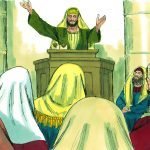
Moses Biography
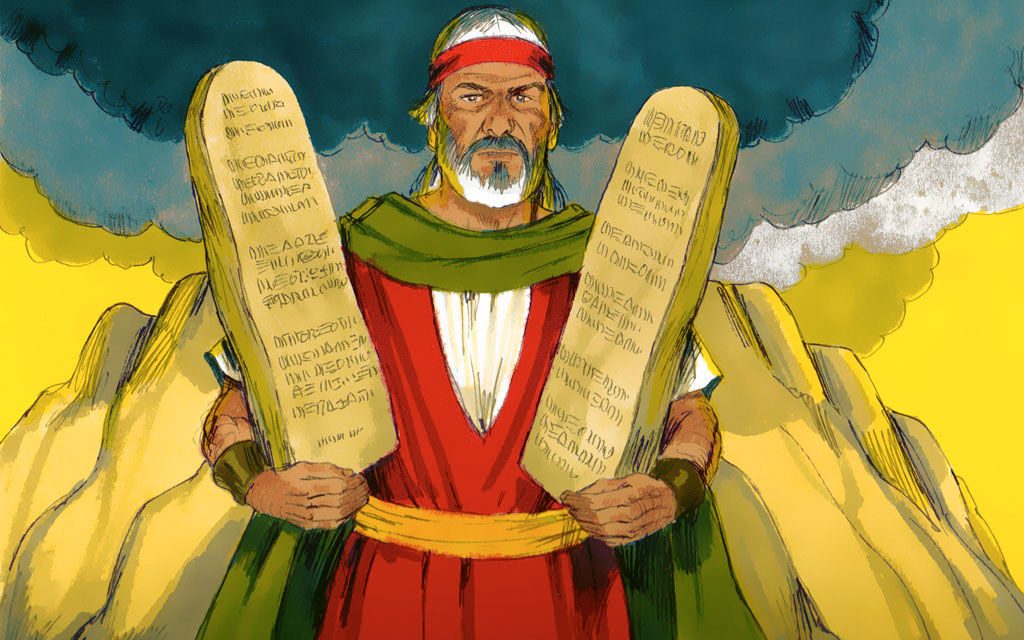

Moses was placed in a basket
Most believe that Moses wrote the Pentateuch, the crowning achievement of his life. What he is best known for, however, is the deliverance of the children of Israel from Egypt to the very edge of the Promised Land.
From beginning to end of his history, we can trace the track of his royal conceit to a place of incomparable meekness and humility. By all accounts, he did not start out as a meek man. The truth is, no genuinely meek person ever does. The person who appears meek from the beginning may be soft or indifferent, easygoing or calculated, but the person is not truly humble.
Meekness begins as a seed in the heart. Then, as in Moses’ case, it must be watered, pruned, fertilized, beaten by the winds of God, sliced by the sleet of God, and rooted deeply in the Spirit of God.

Moses and the burning bush
It would be nearer the truth to say that Moses started out as a hasty, hot and impatient man. It was but a word and a blow with young Moses. With a word and a blow he would lay you in your grave in the sand. When Moses violently defended his countryman against the Egyptian, it may be that the Egyptian slave driver deserved what he received. It appears, in any case, that all the learning, all the luxury, all the dazzling prospects of Egypt did not blind Moses or make him ashamed of his own oppressed brothers. Some of us may have spurned involvement in a combustible situation and quickly moved on. Moses, however, tried to save the countryman and had to pay with a forty-year banishment in a God-forsaken wilderness.

Moses asking Pharoah to free the Hebrews
Moses was a plagued individual. He had never aspired to leadership, yet he was chosen and pressed into it by God. He disliked administration and hated confrontation and conflict, yet he faced it throughout his later life. Leading a multitude of Hebrews across a barren wilderness for four decades would be a daunting challenge for the most experienced leader. Moses had to judge their disagreements, intercede in their rebellions, supervise the construction of the Tabernacle, and move the unwieldy multitudes in a nomadic trek that never seemed to end.
The crowning conflict—the one that, perhaps, hurt Moses the worst was the insidious slander his sister and brother leveled against him. They attacked him because “they did not like his choice of wives,” but that symbolized their envy of Moses’ singular leadership and all that it entailed.

Moses parting the Red Sea
The last dregs of Moses’ pride and ambition were drained out of him in the face of the envy and ill-will of Miriam and Aaron. He realized what a powerful temptation his great gifts and services were to his brother and sister. It is at this point that we finally read that Moses had become the meekest man on the face of the earth.
Of course, Moses never reached a point of perfect humility. The perseverance of the saints is made up of ever new beginnings, and there is always the possibility of regression. Moses had led the people to the very borders of the Promised Land. But it was here that the vestiges of pride erupted once again from his heart. God told Moses to simply speak His Word and water would flow. Moses struck the rock at Meribah with the same stroke of rage with which he had killed the Egyptian many years before. He roared, “You rebels, must we bring water out of the rock for you?” And all the rest of his days, all the way from Meribah to Pisgah, he went mourning for his sin against meekness.

Moses descending Mount Sinai with the Ten Commandments
But as Moses climbed Mount Nebo for the last time, the solitary saint knew he would die there on the mount and be buried by his God. It was a consecrated and submissive man who gazed out from the mountaintop upon the Promised Land. It was a land he was never to enter. Yet he soon entered a much better land, to which he was welcomed by God as an old and valued companion.
What can we learn from Moses?
Anyone whose pride is being broken by God’s unrelenting humblings can look to Moses for hope. Moses started out as a headstrong young firebrand. As he endured the intense pressures and opposition that most great leaders must face, he gradually became a humble, caring servant to others. God may use some other method to humble us, but he is always pleased with the result.
Bible Verses about Moses
Exodus, Leviticus, Numbers, Deuteronomy, (numerous references); Matthew 17:3; Acts 7:22; Hebrews 11:24
What questions does this help to answer?
- Who was Moses?
- What is the Passover?
- How did the Hebrews escape Egypt?
- What are the ten commandments?
- What were the plagues in Egypt?
- Why did Moses not enter the promised land?
- Why did the Egyptian empire die?


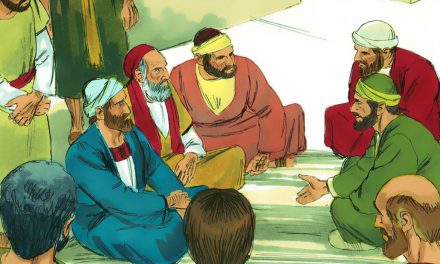

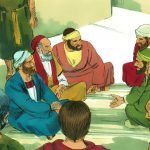

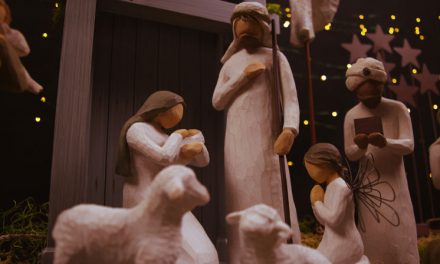



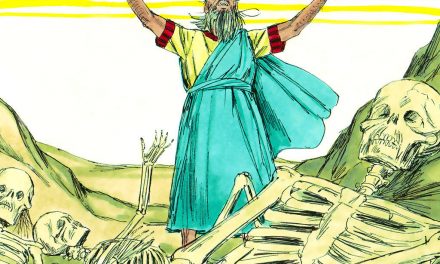
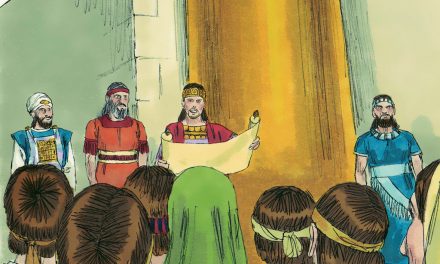
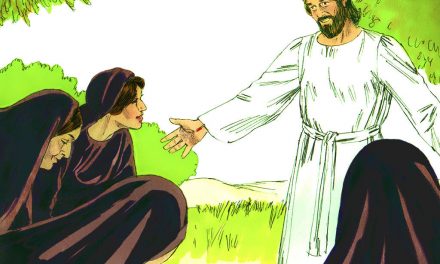
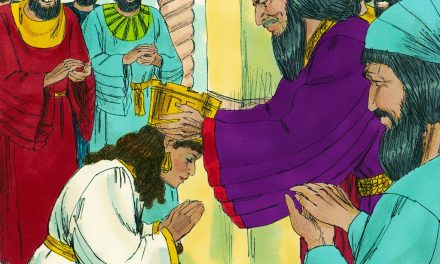
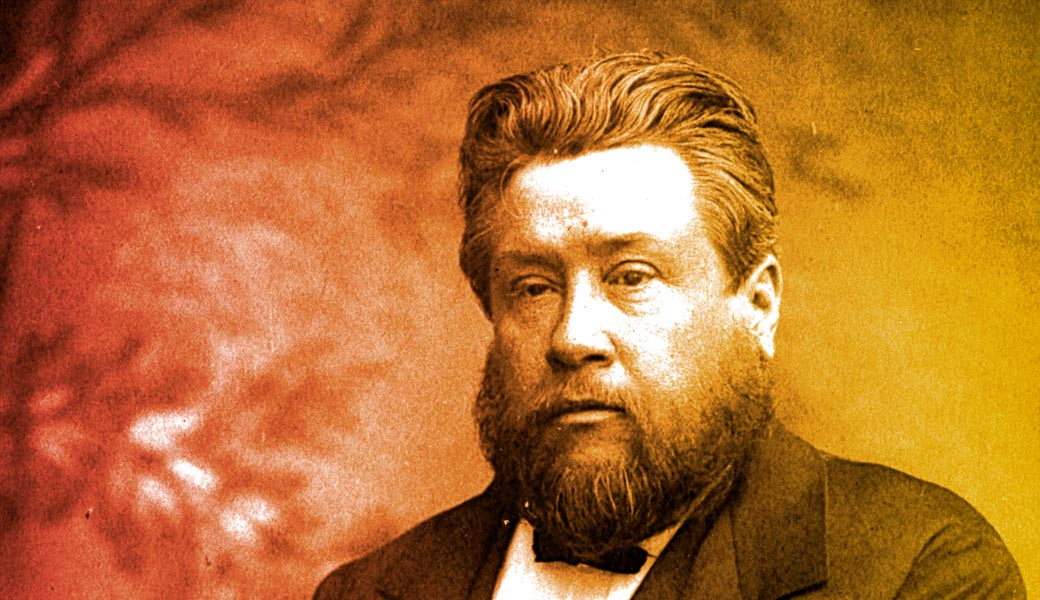
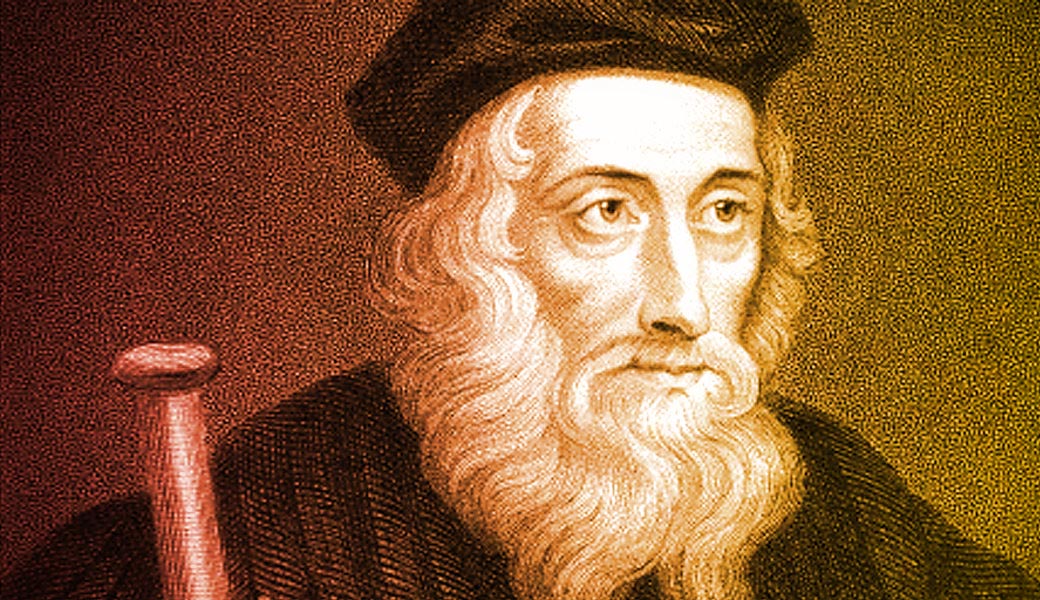
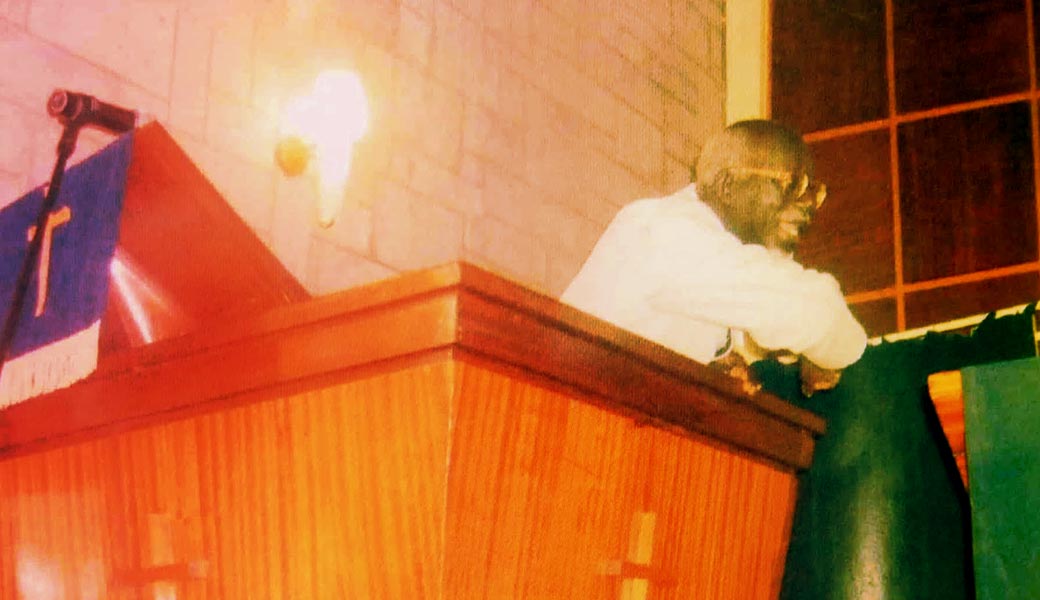



Recent Comments